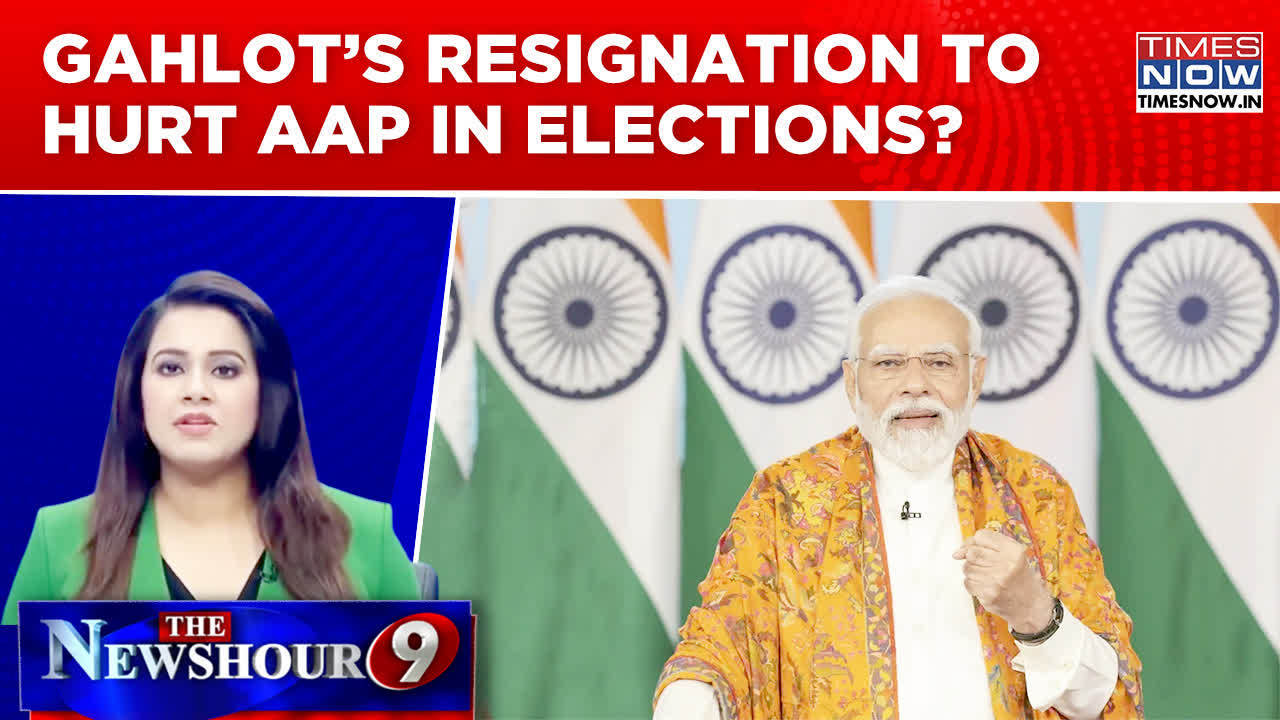 |
|
The recent resignation of Kailash Gahlot, a senior leader and Delhi Transport Minister within the Aam Aadmi Party (AAP), has sent ripples through Indian political circles. His departure, months ahead of crucial Delhi Assembly elections, is being widely interpreted as a significant blow to the party's electoral prospects. Gahlot's letter to former Delhi Chief Minister Arvind Kejriwal, highlighting 'grave challenges' facing the party, underscores a deeper internal rift and raises questions about AAP's preparedness for the upcoming elections. The timing of this resignation is particularly damaging, as AAP is currently embroiled in various controversies and facing stiff competition from the BJP and other political parties in Delhi. The loss of a seasoned leader and prominent figure like Gahlot will undoubtedly impact AAP's campaign strategy and potentially demoralize its base. Analysts are already speculating on the impact this will have on voter confidence and potential shifts in electoral allegiances.
The reasons behind Gahlot's resignation remain somewhat opaque, though his mention of 'grave challenges' suggests a level of dissatisfaction and disillusionment with the party's internal workings. This raises broader questions about the health and stability of the AAP. While the party has enjoyed considerable success in recent years, particularly in Delhi and Punjab, this event hints at underlying tensions and potential divisions within the ranks. It's crucial to analyze whether this is an isolated incident or indicative of a more widespread problem within the party's leadership structure and organizational effectiveness. The coming weeks and months will be crucial in understanding the full implications of Gahlot's departure, and whether AAP can effectively address the internal challenges highlighted by his actions.
The impact of Gahlot's resignation on the upcoming Delhi elections is difficult to predict with certainty. While it's undoubtedly a setback for AAP, it remains to be seen how significant this impact will be. Several factors will influence the outcome, including the party's ability to effectively manage the fallout from this event, the response from its voter base, and the effectiveness of its campaign strategies in addressing public concerns. The BJP, AAP's primary competitor, is likely to capitalize on this development, using it to highlight internal divisions and question AAP's governance capabilities. It's crucial to assess the overall political landscape in Delhi, including the performance of other parties and emerging public opinions, to predict the full impact of Gahlot's resignation on the electoral battle.
Beyond the immediate electoral implications, Gahlot's resignation raises significant questions about the future trajectory of the AAP. The party will need to address the underlying causes of this rift to maintain stability and prevent further defections. Transparency and effective internal communication will be essential in restoring confidence among party members and the broader public. Furthermore, AAP will need to demonstrate a clear vision and effective strategies for addressing the challenges facing Delhi and its citizens. The handling of this situation will be a crucial test of the party's resilience and ability to navigate internal conflicts while maintaining its position as a significant player in Delhi's political landscape. The coming months will provide valuable insights into AAP's capacity for adaptation and its overall ability to withstand pressure in the face of internal challenges.
Looking ahead, the next steps taken by both Gahlot and the AAP will be closely scrutinized. Will Gahlot align himself with another political party? Will he remain an independent voice? How will the AAP respond to this challenge and rebuild confidence? The answers to these questions will significantly shape the narrative leading up to the Delhi elections and ultimately impact the outcome. This event underscores the fluid and often unpredictable nature of Indian politics, reminding us that internal dynamics can profoundly impact electoral success and the overall political landscape. The story of Kailash Gahlot's resignation is far from over, and its long-term consequences remain to be seen.
Source: Kailash Gahlot Quits AAP & Launches Attack, Major Setback For AAP Before Delhi Polls? | Newshour
